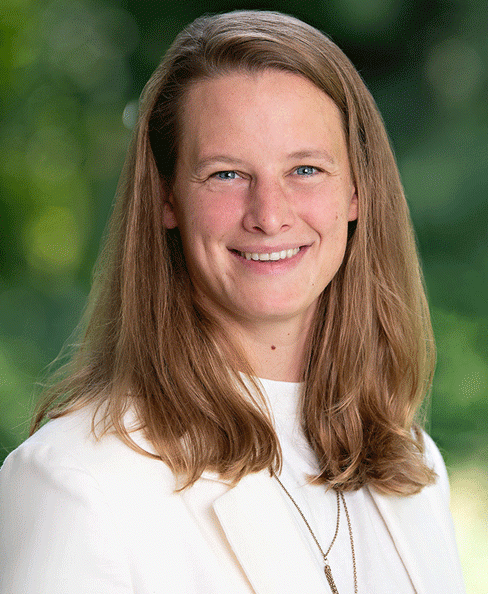BOSTON — A new report from CareQuest Institute for Oral Health reveals that more than a quarter of U.S. adults—approximately 72 million people—do not have dental insurance, a figure nearly three times higher than the number of adults without health insurance. The findings, drawn from the latest State of Oral Health Equity in America (SOHEA) survey, highlight a persistent and troubling gap in access to dental care.
According to the report, 27% of adults lack dental coverage, compared to 9.5% who are uninsured for medical care. This disparity puts millions at risk of delayed treatment and worsening oral health, which is increasingly linked to broader health issues such as diabetes, heart disease, and dementia.
“Oral health care remains out of reach for far too many Americans,” said Melissa Burroughs, Senior Director of Public Policy at CareQuest Institute. “The financial burden forces families to choose between basic necessities and dental care. Any rollback of Medicaid benefits would only deepen this crisis. We need bold policy actions that begin with protecting Medicaid dental coverage for adults.”
The report, Out of Pocket: A Snapshot of Adults’ Dental and Medical Care Coverage, also details how lack of dental insurance disproportionately affects certain populations. Adults with lower incomes and education levels are significantly more likely to be uninsured. Forty percent of adults without a high school diploma and 38% of those earning less than $30,000 per year do not have dental coverage.
Coverage gaps also extend to those enrolled in public insurance programs. One-third of adults on Medicare or Medicaid lack dental benefits. While Medicaid adult dental coverage varies from state to state, traditional Medicare does not include dental services at all.
Among the uninsured, the overlap is especially stark—more than 80% of adults without health insurance also lack dental coverage. Even among those currently insured for dental care, many report recent changes. Nearly one in four gained insurance within the past year, either by switching plans or enrolling after a period without coverage. Meanwhile, 12% of uninsured adults lost dental coverage within the past year, with losses disproportionately affecting younger adults as well as Asian/Pacific Islander, Black, and Hispanic populations.
Despite growing awareness that oral health is fundamental to overall well-being, policy gaps remain. Dental coverage through Medicare is still not guaranteed, Medicaid benefits are optional for adults and inconsistent by state, and marketplace dental plans often remain unaffordable, with no financial assistance available.
The SOHEA survey, conducted by the National Opinion Research Center (NORC) at the University of Chicago from March to May 2024, is the largest nationally representative survey focused solely on oral health. The study reflects responses from over 9,000 adults and provides a comprehensive view of how Americans experience, access, and value dental care.
CareQuest’s findings reinforce the urgent need for systemic reforms to improve dental coverage and make oral health care more accessible for all Americans.


